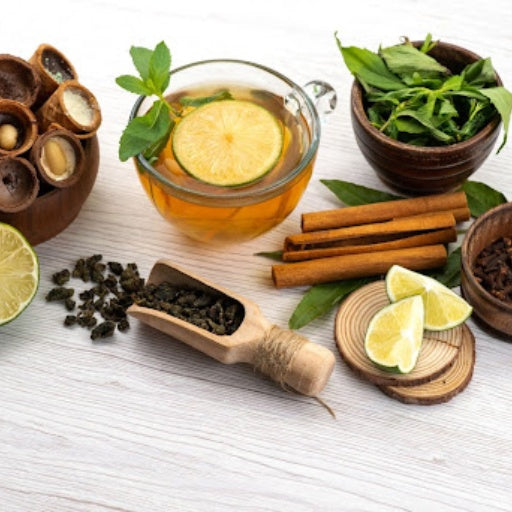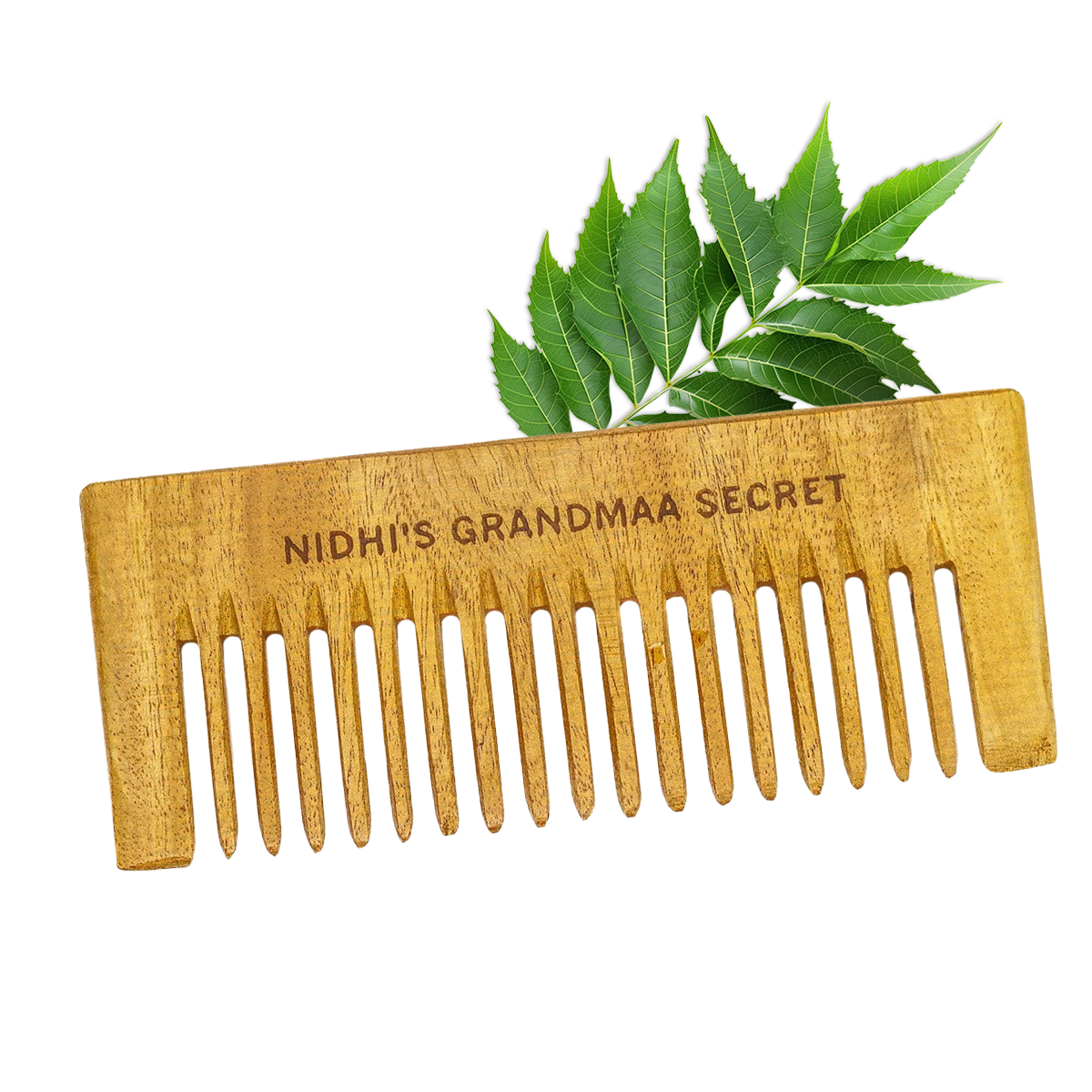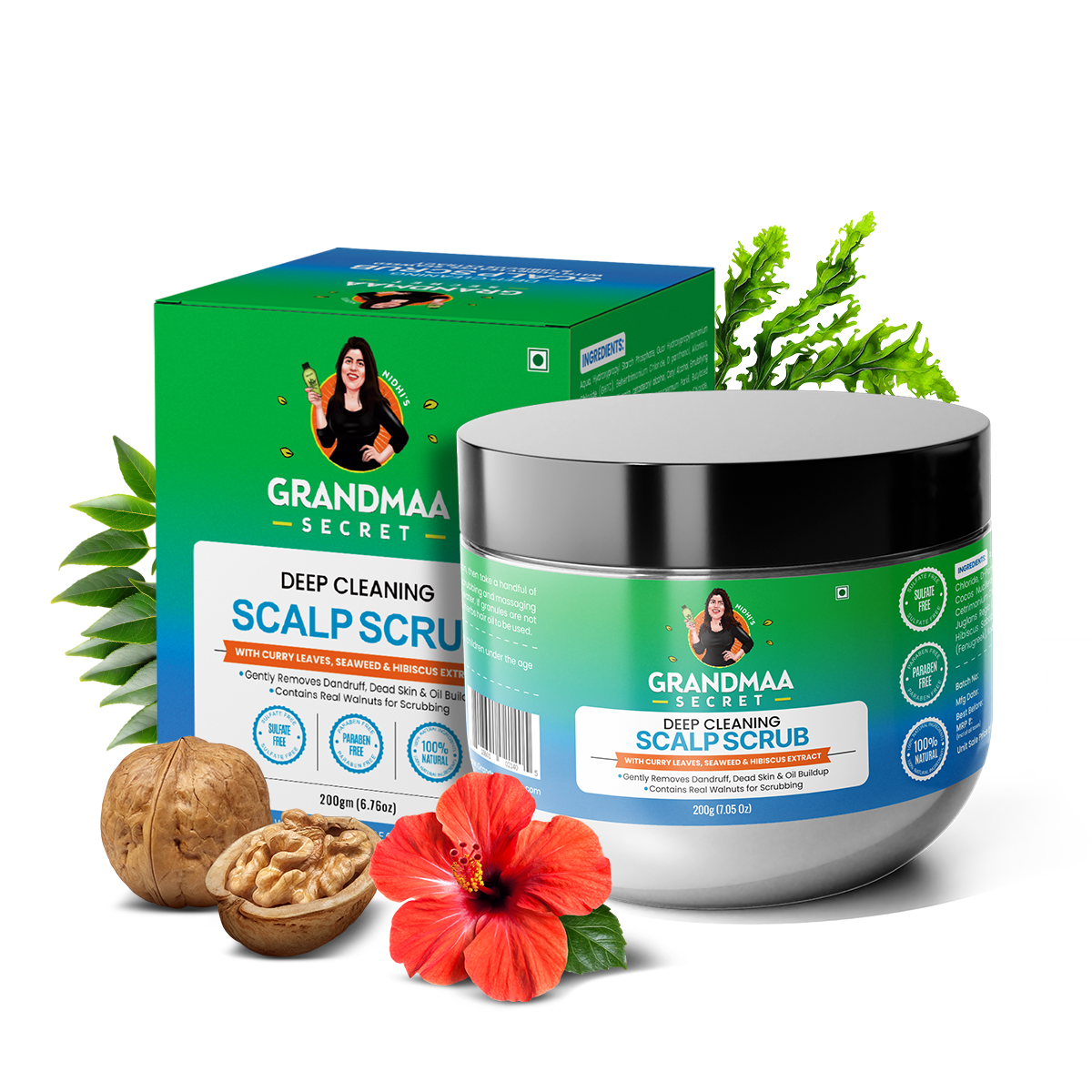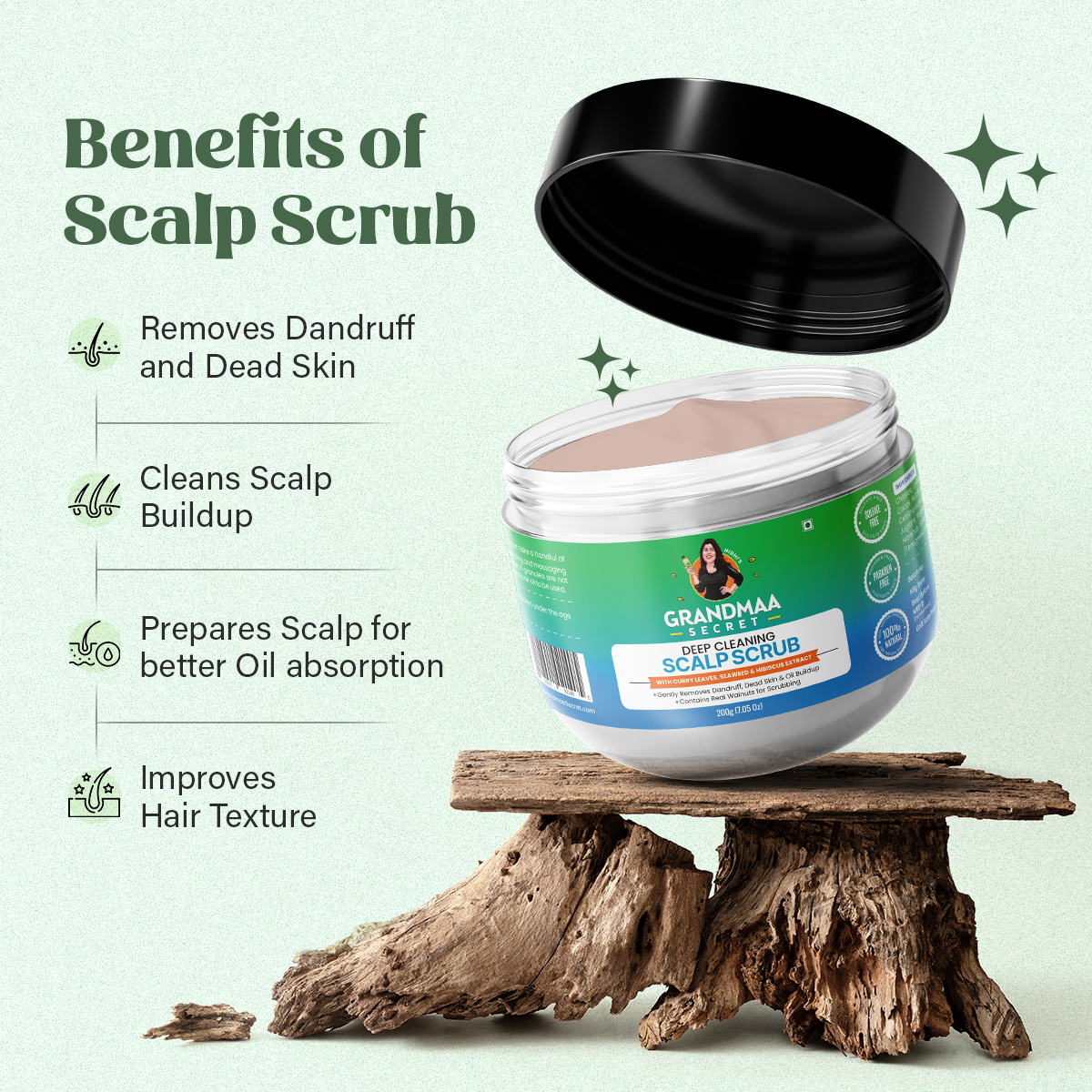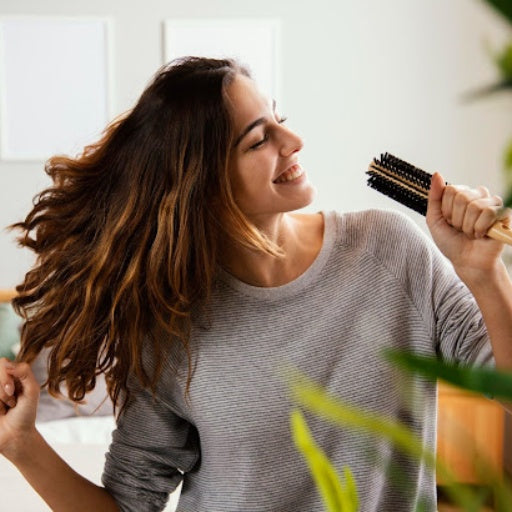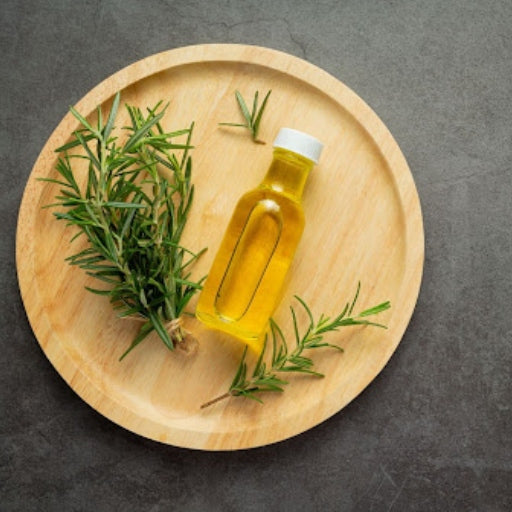An itchy scalp can feel like the smallest thing, yet it manages to take over your whole day. You sit there trying to focus, but that constant tickle keeps creeping back, and before you know it, your hand is reaching up for another scratch. Let's face it, it can sometimes be embarrassing, frustrating, and uncomfortable.
The truth is, your scalp isn't just being difficult for no reason. It's trying to tell you something. Maybe it's too dry, maybe there's dandruff settling in, or maybe it's reacting to something you've been using on your hair. The good news? Relief doesn't always come from fancy treatments or expensive products. In addition to natural and easy methods, there are also many home remedies for an itchy scalp that can help you.
In this blog, I'll take you through why your scalp might be itching, the most effective remedies you can try at home, and some easy tips to keep it healthy and irritation-free. Think of it as a little heart-to-heart about your scalp, because when your scalp feels good, your hair feels even better.
Causes of Itchy Scalp
First, let's take a look at what might be causing your itchy scalp before we jump immediately into the remedies for itchy scalp. Think of your scalp like the base of a tree. If it's struggling, the branches (your hair) are going to feel the impact too.
Most of the time, the itch has a very simple explanation. The following are a few reasons your scalp might be misbehaving:
- Dryness: When your scalp doesn't get enough natural oils, it feels tight, flaky, and, of course, itchy.
- Dandruff: The most obvious culprit. Those little white flakes that show up uninvited often bring itchiness along with them.
- Product build-up: Using too many serums, sprays, or gels can clog up the scalp and irritate it.
- Allergies: Sometimes shampoos and styling products with harsh chemicals just don't suit you.
- Skin conditions: Issues like eczema or psoriasis can also trigger scalp irritation.
Understanding the "why" makes it much easier to treat the "how."
5 Home Remedies for Itchy Scalp
Alright, now let's get to the good part, the actual home remedies for dandruff and itchy scalp that you can start trying today. The best thing about these? They're simple, natural, and most of them are already sitting in your kitchen or bathroom.
Here are five remedies I'd recommend if we were having this chat face-to-face:
- Aloe Vera Gel: If your scalp feels sore or irritated, aloe vera is like giving it a cool drink of water. Just scoop out some fresh gel, apply it directly to your scalp, leave it on for 20 minutes, and rinse. It calms the itch almost instantly.
- Neem Oil or Neem Comb: Remember how our grandmothers always swore by neem? There's a reason for that. If oil feels too heavy, try using a Neem Comb instead. Each stroke gently stimulates your scalp, reduces flakes, and leaves it feeling fresh.
- Coconut Oil Massage: Sometimes the simplest things are the most effective. A gentle coconut oil massage is one of the oldest remedies for a dry, itchy scalp. Add a drop of tea tree oil if you can. It gives extra relief while keeping dandruff away.
- Apple Cider Vinegar Rinse: If your scalp feels greasy and itchy at the same time, this one's for you. Mix a little apple cider vinegar with water, pour it over your scalp, leave it for a few minutes, and rinse. It resets your scalp and cuts through all the build-up.
- Exfoliating Scalp Scrub: Just like your face, your scalp needs exfoliation too. A Dandruff Scalp Scrub helps lift away dead skin, excess oil, and product residue. Once you try it, you'll see how fresh and light your scalp feels afterwards.
The beauty of these remedies is that they blend perfectly with Nidhi's Grandmaa's Secret dandruff removal products and nourishing hair care products. You get the best of both worlds, age-old remedies backed by modern care.
Tips for Preventing Itchy Scalp
Here's the thing: treating the itch is great, but wouldn't it be even better if it didn't show up in the first place? Prevention is where the magic really happens. A few tiny tweaks to your routine can save you a lot of discomfort later.
Here's what I'd suggest:
- Wash regularly, but gently: Too much washing dries the scalp; too little causes build-up. Find your balance.
- Stay hydrated: Honestly, water is the easiest beauty treatment ever, and your scalp loves it too.
- Pick natural products: Swap harsh shampoos for scalp-friendly ones. It really does make a difference.
- Massage weekly: Oil massages aren't just relaxing; they also support products for hair growth by boosting circulation.
- Hands off!: I know it's tempting to scratch, but trust me, it only makes things worse.
Think of these tips as little habits of kindness for your scalp.
Conclusion
Living with an itchy scalp can feel frustrating, but it doesn't have to be your "normal." With a few natural remedies for itchy scalp, some consistency, and the right products, like a Neem Comb, scalp scrub, or even restorative products for damaged hair, you'll notice the difference.
So the next time your scalp starts acting up, instead of scratching away, give one of these remedies a try. It's amazing how much relief you can find in the simplest solutions.
FAQs Based on Home Remedies For Itchy Scalp
-
How do you get rid of an itchy scalp fast?
A quick aloe vera application or apple cider vinegar rinse usually calms it down in minutes.
-
What is the best homemade hair mask for an itchy scalp?
A mix of yoghurt, aloe vera, and tea tree oil works like a soothing, anti-dandruff mask.
-
Is natural hair oil good for an itchy scalp?
Yes, oils like coconut, neem, and tea tree nourish the scalp and reduce irritation.
-
Does oiling hair stop itching?
It definitely helps if dryness is the cause, though balance is key to avoid greasy build-up.
-
How do you treat dry scalp in children?
Stick to gentle shampoos, massage lightly with coconut oil, and keep them hydrated.
-
What oil is good for an itchy scalp?
Neem oil, coconut oil, and tea tree oil are some of the best choices.

